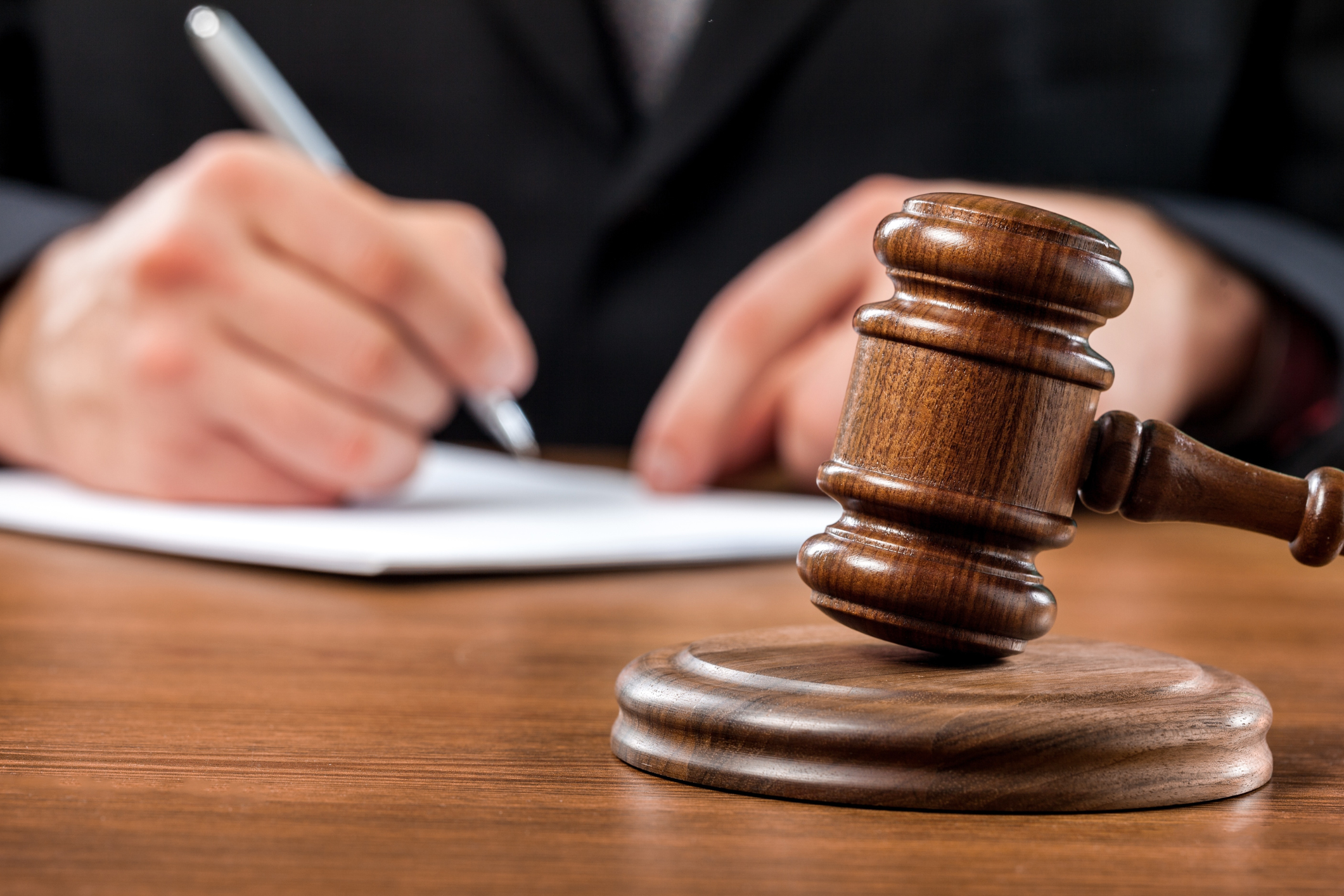By Ryan Brown, Elizabeth Griffiths, and Heather L. Scheuerman
The appellate courts reason that a defendant’s failure to make timely objections during trial supports an inference that errors raised on appeal are inconsequential (State v. Ingram, 2008; State v. Nelson, 2002). In other words, absent timely objections, courts presume that the defense did not perceive the error as prejudicial when it occurred, and thus it is not obvious why their position would have changed post-conviction (State v. Frost, 1999; State v. Bauman, 1997). Consequently, appellate courts typically consider errors nonprejudicial if no objection was made during the trial (State v. Ramseur, 1987; State v. Marshall, 1991). According to the New Jersey Rules of Appellate Procedure, under the plain error standard (Rule 2:10-2), errors raised for the first time on appeal must be so significant that they “plainly” produced an unjust trial outcome (Green, supra, 86 N.J. at 289, 430 A.2d 914). This means that claims raised for the first time on appeal warrant relief only if the trial outcome would have been different absent the error (State v. Echols, 2009).
While appellate courts assert that a lack of objection indicates defense counsel’s belief that an error was nonprejudicial, criminal legal scholarship challenges this presumption. For instance, Reed and Bornstein (2018) argue that understanding the objection process requires considering the strategic calculations attorneys must make. Attorneys weigh numerous factors, including the potential effect of objections on jury perceptions. Objections pose a strategic dilemma: a sustained objection may lead jurors to suspect the concealment of evidence, whereas an overruled objection may damage the attorney’s credibility (Reed & Bornstein, 2018; O’Konek, 2020). As such, the decision to object is complex, as attorneys aim to balance preserving appellate records against maintaining jury trust (Reed & Bornstein, 2018). This dynamic reflects a broader issue within the adversarial legal framework, where objections are pivotal in shaping trial outcomes.
Defense objections at trial can prevent inadmissible evidence from being admitted, safeguard a defendant’s rights, and preserve appellate records (O’Konek, 2020). Yet, the adversarial system’s reliance on attorneys’ rapid, high-stakes decisions leaves room for errors that may lead to injustices. As O’Konek (2020) notes, much of an attorney’s expertise in managing objections is ad hoc and stems from mistakes made during earlier trials. Indeed, there are several reasons attorneys may choose not to object despite valid legal grounds, including:
- The evidence is helpful: The offered evidence supports the defense’s case.
- The evidence is not harmful: The evidence poses minimal risk to the defense.
- There is a low likelihood of reversal: Appeals courts are unlikely to reverse the verdict based on the objection.
- There are risks associated with juror perceptions: Objections might alienate jurors or appear as time-wasting.
- Harmful evidence may be highlighted: Raising an objection might draw undue attention to damaging information.
- There is a potential contribution to opposing counsel’s arguments: Objecting could inadvertently improve the opposing side’s strategy. (Poulos, 1981).
The decision to object can also depend on trial experience, familiarity with the judge, and broader defense strategies (Reed & Bornstein, 2018).
Our preliminary analysis of prosecutorial misconduct cases in New Jersey (2010–2015) reveals that about one out of three appellate cases raise issues for the first time on appeal and are thus reviewed under the plain error standard. In these cases, less than five percent of defendants are granted relief by the courts. Consequently, in an overwhelming majority of cases considered under the plain error standard, courts often allude to defense trial strategy and assume that the defendant’s failure to object during trial forfeits his or her right to assert prejudice on appeal. In one such case, the court presumed the defense counsel employed an “all or nothing strategy” in mounting its defense (State v Sage, 2014). Although appellants routinely challenge their trial counsel’s strategy, claiming ineffective assistance of counsel, appellate courts rarely address the complexities underlying such claims. This tendency underscores a critical issue: the gap between defense strategy and claims of ineffective counsel often remains unexamined.
In conclusion, while the American legal system assumes that a lack of timely objection reflects the absence of prejudice, this presumption fails to account for the strategic and psychological complexities of trial advocacy. The adversarial system, by its nature, places immense pressure on attorneys to make instantaneous decisions, often with significant consequences for trial and post-conviction outcomes. Addressing these systemic challenges requires a critical reexamination of how objections are evaluated on appeal and the broader implications for achieving just outcomes in criminal proceedings.
Elizabeth Griffiths is a professor at the School of Criminal Justice at Rutgers University, Heather L. Scheuerman is an associate professor in the Justice Studies Department at James Madison University, and Ryan Brown is a Ph.D. student at the School of Criminal Justice at Rutgers University.
References:
O’Konek, J. J. (2020). To Object or Not Object, That Is the Question: A Criminal Law Practitioner’s Guide to the “Five W’s” of Evidentiary Objections. North Dakota Law Review, 95(1), 155–178. https://heinonline.org/HOL/P?h=hein.journals/nordak95&i=159
Poulos, J. W. (1981). Trial of Celebrated Criminal Cases: An Analysis of Evidentiary Objections. Tulane Law Review, 56(2), 602–691. https://heinonline.org/HOL/P?h=hein.journals/tulr56&i=639
Reed, K., & Bornstein, B. H. (2018). Objection: Psychological Perspectives on Jurors’ Perceptions of in-Court Attorney Objections. South Dakota Law Review, 63(1), 1–43. https://heinonline.org/HOL/P?h=hein.journals/sdlr63&i=25
Cases Cited:
Green, supra, 86 N.J. at 289, 430 A.2d 914 (1981)
State v. Ramseur, 106 N.J. 123 (1987)
State v. Marshall, 123 N.J. 1 (1991)
State v. Bauman, 298 N.J. Super. 176 (1997)
State v. Ingram, 196 N.J. 23 (2008)
State v. Frost, Docket Number a-181-97 (1999)
State v. Nelson, 173 N.J. 417, 471 (2002)
State v. Echols, 199 N.J. 344, 361 (2009)
State v. Sage, Docket Number a-0379-1211 (2014)

